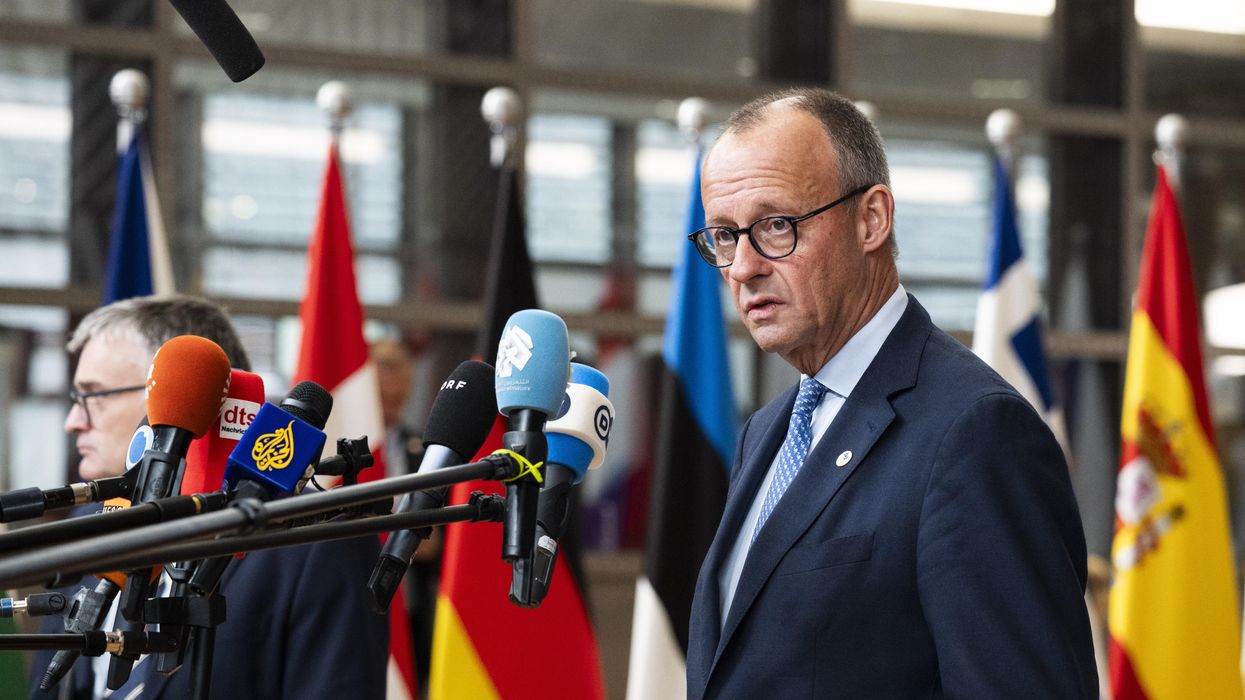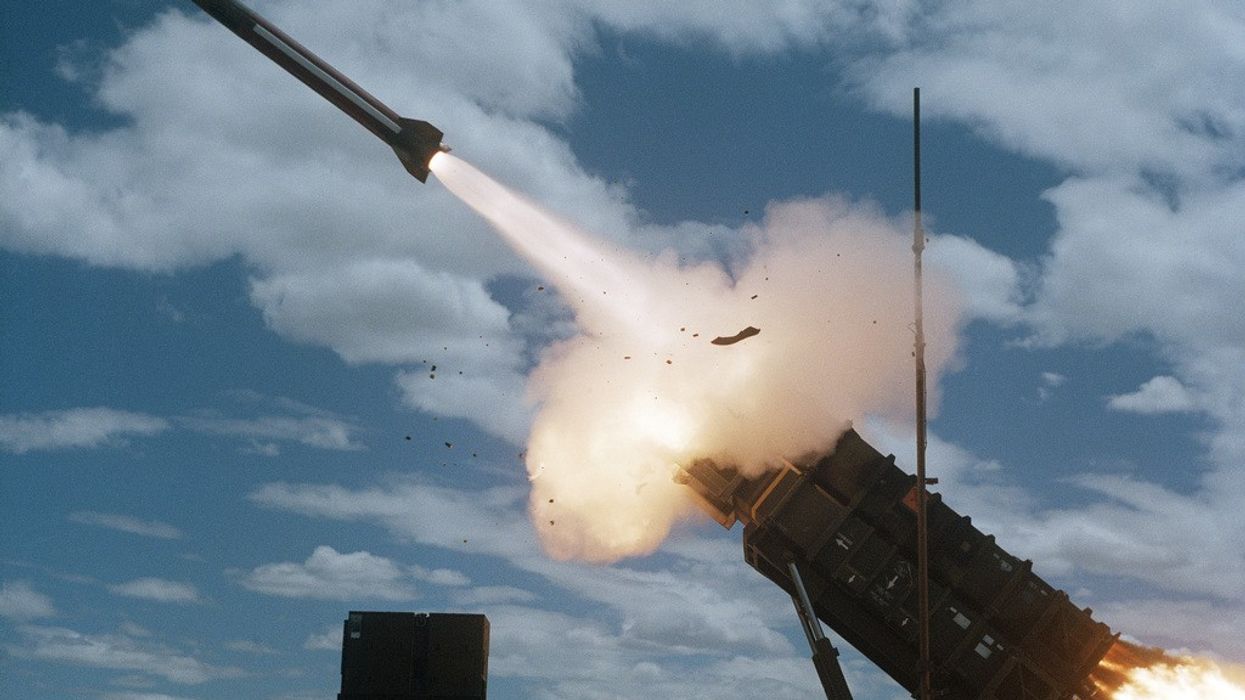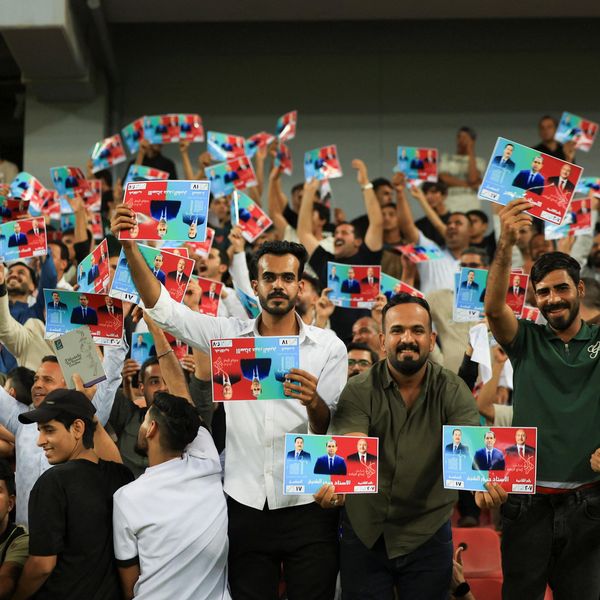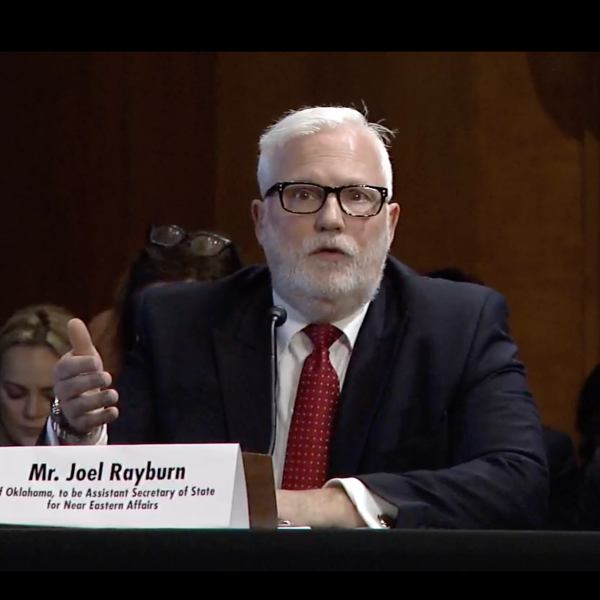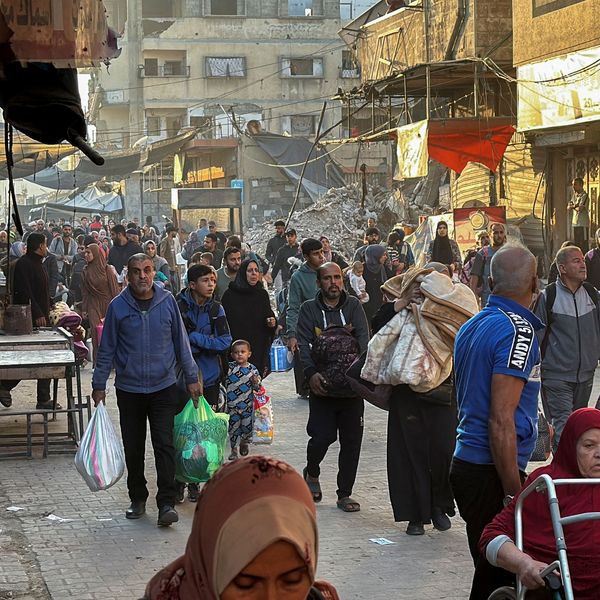Reports this week, based on satellite footage and witness testimony from IDF soldiers, reveal that Israel has carved out a nearly one-mile deep "buffer zone" inside Gaza along the border with Israel. Almost all economic and residential infrastructure within this region has been demolished and Gazans living and working in the area have been forcibly relocated.
Israel’s ongoing conquest of the Gaza Strip, the expulsion of Palestinians residing there, and the re-establishment of Israeli settlements are the principal parameters defining the new map created by the blood and fire of the Second Palestine War.
Israeli policies for the future of Gaza and its 1.8 million inhabitants based upon this foundation have been most enthusiastically embraced by Israel’s resurgent rightwing.
But they also resonate with an Israeli public forced to confront the unfinished business of the century-old conflict.
Conquest
Whatever their differences, Israeli and Palestinian leaders recognize that sooner or later, for better or worse, the fate of hostages and prisoners will be decided.
As important as the resolution of this issue is, the broader contest between Israel and Palestine is of even greater and lasting magnitude. Not only the fate of individuals, the destiny of peoples and nations are in the balance. Without a sober appreciation of this fact, the current dispute over hostages loses its defining context.
The magnified attention awarded to this issue is also reflected in plaintive demands for Israel to define its plans for the so-called “day after.” These calls are easily parried by an Israeli government less concerned about addressing legitimate questions about its intentions than in forging a path to victory. The Netanyahu government has found a fast friend for this approach in the new administration in Washington.
While the dogs bark, Israel continues to pursue the destruction of Hamas as a political and military/security factor, an objective that has, from the war’s outset, defined victory in the campaign that Israel is waging.
Underlying this broad military-security objective, however, are even greater, indeed existential if not always articulate imperatives, born of a century of competition between Palestinians and the Zionist movement for the national identity of Palestine.
Revenge is the first and foremost strategic policy objective, defining Israel’s conduct of the war and indeed its very purpose. For the Hamas movement itself, one need look no further than an abiding, incessant desire for retribution, all but divorced from sober political calculation, to explain its actions.
For Israelis dumbfounded by the assault of October 7, vengeance provides the vital political foundation upon which popular support for the war is being waged.
Hamas’ brutal assault forces Israelis to acknowledge that Palestinians remain unwilling to be reconciled to the results of the First Palestine war. Gaza, chock a block with families enduring generations of national trauma, has always been the most active source of its national movement.
The Israeli public, in turn, supports a policy of reprisals against the Gaza for the latter’s stunning success in calling into question the holy of holies in the Zionist pantheon – that Jewish settlement, protected by the IDF, establishes the basis for personal security and protection of Israeli state-building.
The ferocity of Israel’s campaign aims not only at burning defeat into Palestine’s national and political consciousness, but also convincing Israelis as well that its founding principles remain sacrosanct and credible instruments of national policy.
Since the early 1950s, a Palestinian “Return” to homes lost in Israel has been unachievable — all but unthinkable. Indeed, the iron law underpinning Israel’s conduct of the First Palestine War — that Palestinians must pay with territory and sovereign control for any effort to challenge Israel, also defines a key Israeli strategic objective in the war now being waged in Gaza.
Israel’s conduct of the Gaza war and its humanitarian aftermath make clear its abiding intention to make certain that Palestinians will not even be permitted to dream of “Return.” Indeed, when Palestinians in Gaza (or Jenin) dream of going “home” today, it is not to Ashqelon or Ramla, but rather to all but obliterated refugee camps in Jabaliya and Beit Hanoun.
Expulsion
If Benjamin Netanyahu and Donald Trump have their way even this forlorn aspiration will be denied them.
Minister of Security Israel Katz official pointedly explained in February that Israel’s approved entry of “a very limited quantity” of mobile shelters and heavy equipment into Gaza “does not affect the feasibility of implementing Trump’s voluntary migration plan or creating a new reality in Gaza, which Prime Minister Netanyahu is fully committed to.”
Moreover, Katz said the IDF will move to clear areas “of terrorists and infrastructure, and capture extensive territory that will be added to the State of Israel’s security areas.”
These “security areas” now comprise about a third of Gaza’s territory and a large percentage of Gaza’s agricultural and employment capacity.
The Trump administration’s extraordinary endorsement of large-scale Palestinian transfer and its ongoing effort to win Arab support for it, has raised the profile of an option long considered taboo outside of a right-wing Israeli minority.
In an April 2 address, Netanyahu reflected the change in policy that the White House endorsement has produced. Israel’s policy, he declared, would be defined by four elements — Hamas’ complete demilitarization and the expulsion of its leadership, complete Israeli security control over Gaza in its entirety, and the realization of Washington’s plan for large-scale transfer of Palestinians out of the Gaza Strip.
Settlement
The dramatic developments produced by the war have empowered Israeli proponents of Jewish settlement in the Gaza Strip. The IDF, by establishing sovereign security control over Gaza, including its most productive agricultural areas along the perimeter with Israel, is creating the security infrastructure for a “return” ...of Israeli civilian settlement.
As bizarre as this option seems, the purpose and utility of Jewish settlement in Gaza fit neatly into Israel’s national experience. Palestinian attacks upon Israel have always been met with demands for a “Zionist response” — Jewish settlement — whether in Hebron or the hills of Samaria. And now Gaza.
Prime Minister Ariel Sharon’s evacuation of all Israeli settlements and their population of 7,000 in 2005 appeared to have ended the prospect of settling the Gaza Strip. An aging Sharon was pursuing the creation of a new security paradigm. But the re-entry of the IDF into Gaza 18 months ago destroyed this model. It has instead energized the intense lobby behind the re-establishment of civilian settlements in Gaza in order to realize both nationalist and security objectives.
Proponents remain a vocal and influential minority, but even their opponents acknowledge the extraordinary success of the settlement movement in the West Bank in the decades since the conquests of June 1967.
Israel’s conquest of Gaza has broken many taboos, but then again so too did the Hamas assault on October 7. Whether Israel stands guilty of the charge of genocide, it is certainly the case that it is pursuing a policy of “politicide” — aimed at destroying for all time any Palestinian hope for sovereignty west of the Jordan River.
- Trump's Gaza plan is not America First ›
- Evidence of ethnic cleansing growing in West Bank and Gaza ›
- Is Trump orbit rolling out red carpet for Israeli extremist Ben Gvir? | Responsible Statecraft ›
- Hamas can't stop this, only Israel can. But does it want to? | Responsible Statecraft ›


